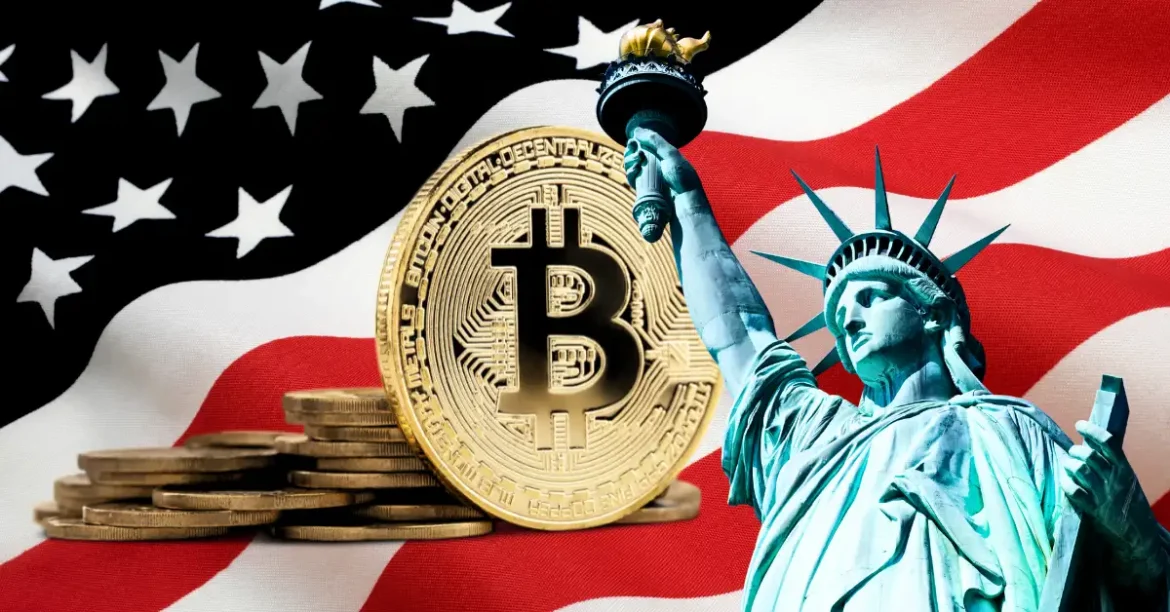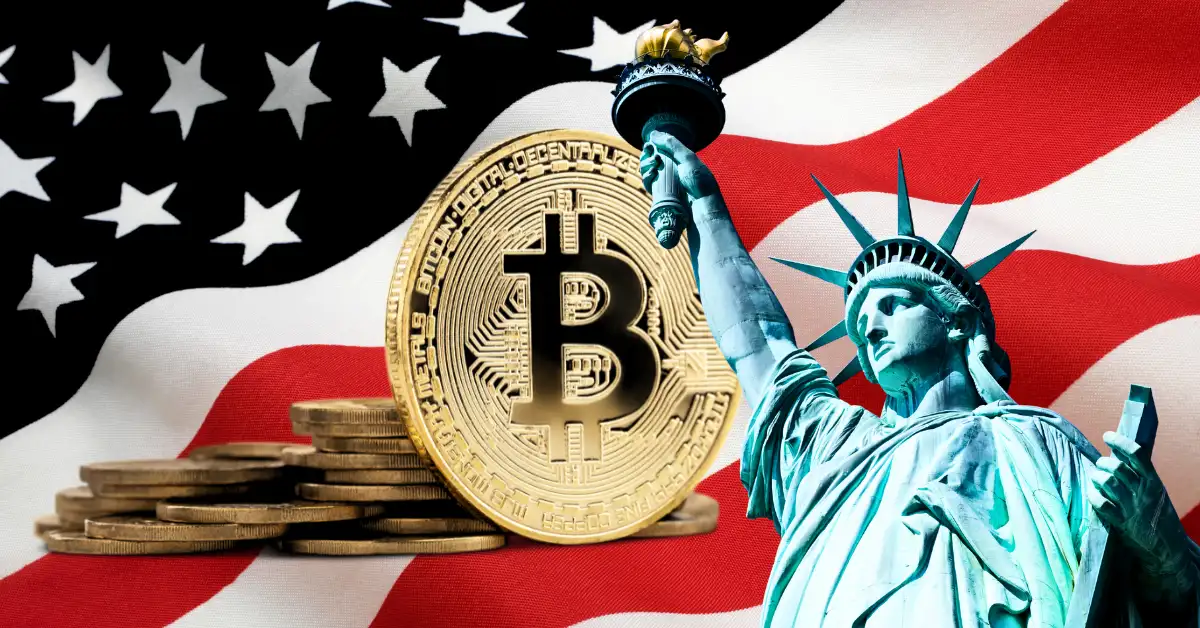The Future of Crypto Regulation: A Delicate Balance Between Innovation and Oversight
The cryptocurrency landscape in the United States is at a critical juncture, with lawmakers and regulators grappling to establish a framework that balances innovation with consumer protection. The debate has intensified, with Senator Elizabeth Warren advocating for stringent regulations to curb what she perceives as “presidential crypto corruption,” while Republican lawmakers push for a more industry-friendly approach. This ideological clash underscores the broader implications of crypto regulation for the U.S. economy, financial stability, and global competitiveness.
The Case for Stringent Regulation: Senator Warren’s Perspective
Senator Elizabeth Warren has emerged as one of the most vocal critics of the crypto industry, arguing that its lack of oversight poses significant risks to consumers and the broader financial system. Her proposed regulatory framework emphasizes consumer protection, anti-corruption measures, and regulatory clarity. Warren’s stance is rooted in the belief that without robust oversight, the crypto market could become a haven for illicit activities, including money laundering, bribery, and other forms of corruption.
Investor Protection: A Top Priority
Warren’s framework prioritizes the protection of investors and consumers, advocating for clear guidelines on disclosures, fraud prevention, and risk management. She emphasizes the need for robust Know Your Customer (KYC) and Anti-Money Laundering (AML) protocols to prevent the use of crypto for illicit purposes. By establishing stringent rules, Warren aims to create a safer environment for investors, reducing the risk of fraud and financial losses.
Anti-Corruption Measures: Addressing the Intersection of Crypto and Politics
A central theme of Warren’s approach is the prevention of corruption, particularly concerning the intersection of crypto and political power. She has repeatedly voiced concerns about the potential for crypto to be used as a vehicle for bribery, money laundering, and other forms of corruption. Warren’s concerns are heightened by the involvement of figures like former President Donald Trump in the crypto space, with ventures such as the TRUMP memecoin raising questions about potential conflicts of interest and the integrity of the political process.
Regulatory Clarity: Balancing Innovation and Oversight
While critical of the current state of crypto regulation, Warren acknowledges the need for clear rules of the road. She insists that these rules must prioritize public interest and financial stability over the interests of the crypto industry itself. Warren’s approach seeks to strike a balance between fostering innovation and ensuring that the crypto market operates within a framework that protects consumers and the broader financial system.
Oversight and Enforcement: Strengthening Regulatory Agencies
Warren calls for increased oversight and enforcement by regulatory bodies such as the Securities and Exchange Commission (SEC) and the Commodity Futures Trading Commission (CFTC). She argues that these agencies need the resources and authority to effectively police the crypto market and hold bad actors accountable. By strengthening regulatory oversight, Warren aims to create a more transparent and accountable crypto industry.
The GOP’s Vision: A More Industry-Friendly Approach
In contrast to Warren’s stringent approach, Republican lawmakers have generally advocated for a more industry-friendly regulatory environment. They argue that overregulation could stifle innovation and drive crypto businesses overseas, hindering the growth of the U.S. digital economy. The GOP’s vision emphasizes market structure legislation, innovation, and limited government intervention.
Market Structure Legislation: Establishing Clear Rules
Many Republican proposals focus on establishing a clear market structure for crypto assets, distinguishing between securities and commodities and assigning regulatory authority accordingly. By providing clarity on the regulatory landscape, Republicans aim to create a more predictable environment for crypto businesses, fostering innovation and investment.
Innovation and Competitiveness: Fostering Growth
Republicans emphasize the need to foster innovation and maintain U.S. competitiveness in the global crypto market. They argue that a lighter regulatory touch can encourage entrepreneurship and attract investment in the industry. By creating a more favorable regulatory environment, Republicans aim to position the U.S. as a leader in the digital economy.
Limited Government Intervention: Allowing Market Forces to Shape the Industry
A core tenet of the GOP approach is to limit government intervention in the crypto market, allowing market forces to shape the industry’s development. Republicans believe that excessive regulation can stifle innovation and create barriers to entry, hindering the growth of the crypto industry. By adopting a more hands-off approach, Republicans aim to create a more dynamic and competitive market.
Balancing Consumer Protection: Tailoring Regulations to Mitigate Risks
While Republicans acknowledge the need for consumer protection, they argue that regulations should be carefully tailored to avoid unduly burdening the industry. By focusing on targeted measures, Republicans aim to strike a balance between protecting consumers and fostering innovation, ensuring that the crypto market remains vibrant and competitive.
The Ideological Clash: Warren vs. the GOP
The contrasting visions of Senator Warren and Republican lawmakers reflect fundamental differences in their approach to regulation and the role of government in the economy. Warren views crypto as a potential threat to financial stability and a vehicle for corruption, necessitating strong regulatory oversight. Republicans, on the other hand, see crypto as an opportunity for innovation and economic growth, advocating for a more hands-off approach.
This ideological clash has led to a series of legislative battles in Congress, with both parties pushing competing crypto bills. The GENIUS Act, a GOP-backed bill aimed at establishing a regulatory framework for digital assets, has drawn particular criticism from Warren, who has branded it a “crypto corruption” bill. The debate over crypto regulation extends far beyond Washington politics, with significant implications for the future of the financial system, the U.S. economy, and the role of technology in society.
The “Trump Factor”: A Potential Superhighway for Corruption
Senator Warren has repeatedly raised concerns about the potential for crypto to be used for corruption, particularly in connection with former President Donald Trump’s involvement in the industry. She has pointed to Trump-affiliated crypto ventures, such as the TRUMP memecoin, as potential “superhighways of corruption” that could be exploited by criminals and used to destabilize the financial system.
Warren and other Democrats have also criticized Trump’s fundraising efforts involving crypto, alleging that they could create conflicts of interest and undermine the integrity of the political process. These concerns have fueled calls for stricter regulations and greater transparency in the crypto industry, highlighting the broader implications of crypto regulation for political accountability and financial stability.
Beyond the Headlines: The Stakes of Crypto Regulation
The debate over crypto regulation extends far beyond Washington politics, with significant implications for the future of the financial system, the U.S. economy, and the role of technology in society. The rapid growth of the crypto market has raised concerns about its potential impact on financial stability, innovation, consumer protection, and national security.
Financial Stability: Mitigating Systemic Risks
The rapid growth of the crypto market has raised concerns about its potential impact on financial stability. Regulators worry that a sudden crash in crypto prices could trigger a broader financial crisis, particularly if crypto assets become more closely integrated with the traditional financial system. By establishing robust regulatory frameworks, policymakers aim to mitigate these risks and ensure the stability of the financial system.
Innovation and Economic Growth: Fostering a Dynamic Market
Proponents of crypto argue that it has the potential to revolutionize the financial industry, fostering innovation and creating new economic opportunities. They believe that a balanced regulatory approach can encourage innovation while mitigating risks, ensuring that the crypto market remains a vibrant and dynamic sector of the economy.
Consumer Protection: Safeguarding Investors
Protecting consumers from fraud, scams, and other forms of abuse is a key priority for regulators. Crypto’s decentralized nature and lack of regulatory oversight make it particularly vulnerable to illicit activities. By establishing clear guidelines and robust enforcement mechanisms, policymakers aim to create a safer environment for investors, reducing the risk of financial losses and fraud.
National Security: Addressing Cross-Border Risks
Crypto’s anonymity and cross-border nature also raise national security concerns. Law enforcement agencies worry that crypto can be used to finance terrorism, launder money, and evade sanctions. By strengthening regulatory oversight and international cooperation, policymakers aim to address these risks and ensure that the crypto market operates within a framework that promotes national security and global stability.
Conclusion: Charting a Course for Crypto’s Future
The future of crypto regulation in the United States remains uncertain, with Senator Warren’s proposed standards and the GOP’s industry-friendly approach representing two vastly different visions for the industry’s future. As Congress grapples with these competing proposals, it will be crucial to strike a balance between fostering innovation, protecting consumers, and safeguarding financial stability. Ultimately, the decisions made in the coming months will shape the trajectory of the crypto industry for years to come, with significant implications for the U.S. economy, financial system, and global competitiveness. The stakes are high, and the world is watching.





